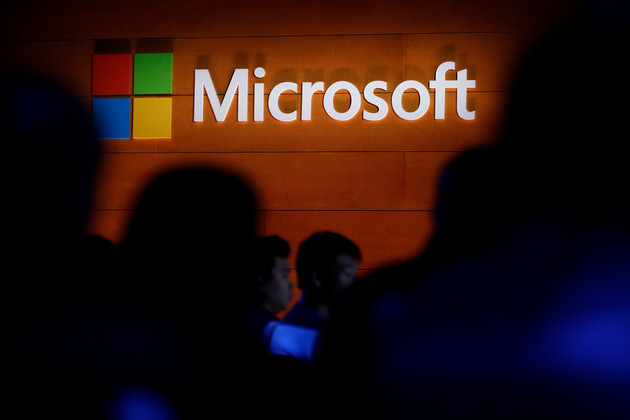As Europe charges ahead on the path to a central bank digital currency, political opposition to a digital dollar is only growing in the U.S.
Though a potential U.S. CBDC remains merely a subject of government study, mainstream Republicans, Silicon Valley libertarians and anti-establishment leftists have all converged in their opposition to the idea, citing concerns over privacy and government control.
These domestic political obstacles leave a lane open for other monetary authorities to influence the design of digital money systems. The European Central Bank, for example, is expected to propose a digital euro design in October, a step that would help establish it as a global leader in the creation of digital sovereign currencies.
“It gives even more weight to the European version, which we’ll see this fall,” said Josh Lipsky, senior director of the Atlantic Council’s GeoEconomics Center. “This is now the first major Western central bank with a model, and for other countries looking to solve technical issues like offline payments, it can become a real standard setter.”
ECB Executive Board member Fabio Panetta recently said in an interview with French newspaper Les Echos that the European Commission is expected to present its proposal for digital euro legislation sometime this month.
Meanwhile, opposition in the U.S. has reignited in recent days after the Securities and Exchange Commission sued the world’s two largest crypto exchanges over alleged securities law violations. Amid the crackdown, SEC Chair Gary Gensler told CNBC last week, “We don’t need more digital currency,” because the dollar and other sovereign currencies already exist.
Sen. Bill Hagerty, a Tennessee Republican, seized on the comments, echoing a popular line among crypto executives that this year’s crackdown on crypto is intended to ease any future rollout of a digital dollar.
“The Biden Admin wants to kill market innovation to pave the way for a CBDC, which would give the federal gov. unprecedented insight into your life. I will fight to make sure this doesn’t happen,” Hagerty tweeted Wednesday.
The issue has seeped into U.S. political discourse to the extent that Florida Gov. Ron DeSantis, a Republican, reiterated his opposition to CBDCs at his presidential campaign launch event with Elon Musk on Twitter Spaces last month.
The issue is among those that have endeared DeSantis — who signed a bill last month restricting the use of CBDCs in Florida — to a group of libertarian Silicon Valley investors, led by former PayPal executive David Sacks, who are supportive of cryptocurrencies.
Opposition to CBDCs has also gained traction on the anti-establishment left. Former Rep. Tulsi Gabbard — a critic of U.S. foreign policy who left the Democratic Party last year — condemned them during a keynote address at the Bitcoin Miami conference last month.
And Robert F. Kennedy Jr., who is challenging President Joe Biden from the left in the Democratic presidential primary, has attracted interest from several tech moguls with a broad anti-establishment message that includes condemnation of CBDCs.
Most recently, Block CEO Jack Dorsey, who has reoriented his firm around a Bitcoin-centric vision of payments in recent months, has come out in support of Kennedy.
In an interview conducted over the NOSTR social network, a Twitter alternative, Dorsey cited Kennedy’s opposition to the military-industrial complex as a primary motivator for his support. Dorsey also said he agrees with the candidate’s CBDC critique. “We have an open standard for money transmission and currency in Bitcoin,” Dorsey said. “We don’t need another.”
- OVER announces 7th edition of ARwards for most iconic Metaverse environments
- Break of Current Bitcoin Resistance Will Commence Bull Run
- Technical Analysts Becoming Incrementally Bullish On Bitcoin
- Nasdaq’s Bitcoin and Ethereum Indices Solve a Major Problem for Crypto
- RFOX VALT Metaverse Launches MVP





